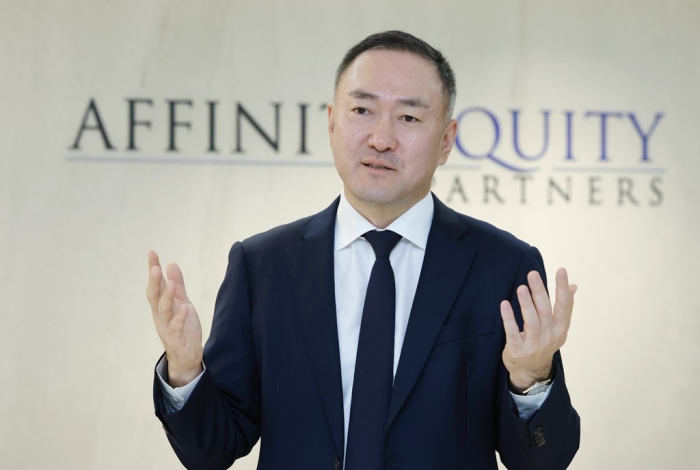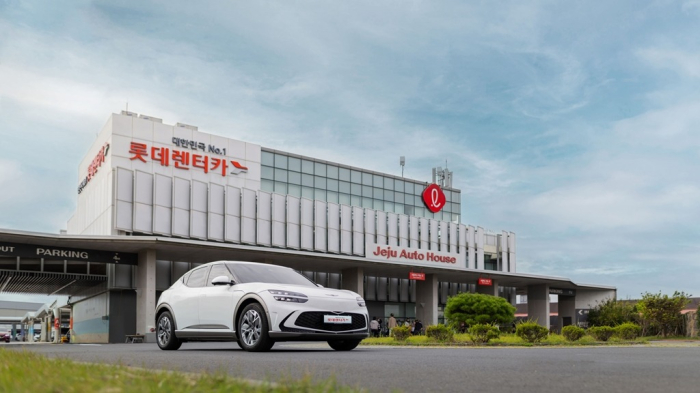
Affinity Equity Partners aims to develop the leading South Korean car rental companies into mobility service providers to create additional profitability, the head of the private equity firm’s operations in the country said on Monday.
Affinity was selected as a preferred bidder to buy a 60.67% stake in Lotte Rental Co., South Korea’s top car leasing firm, in a deal estimated at around 1.5 trillion won ($1.1 billion) from troubled Lotte Group, investment banking industry sources said.
That came about four months after the private equity firm acquired SK Rent-a-Car Co., the country’s No. 2 auto leasing firm, for 820 billion won from SK Networks Co.
“We will develop Lotte Rental and SK Rent-a-Car into mobility service providers beyond simple car leasing companies,” Min Byung-chul, head of Affinity Equity Partners’ South Korean operations, told The Korea Economic Daily in an interview.
GROWTH POTENTIAL, SCALABILITY
Affinity sees high growth potential and scalability in the local car leasing business, Min said.
“In the past, Koreans used cars until they scrapped them after buying them. But now people change their cars just like they get new smartphones,” said Min. “The increasing replacement will spur people to seek more rentals than ownership, boosting the growth of the auto rental sector.”
The Hong Kong-based private equity firm with $14 billion in assets under management targets new businesses, which other car rental companies have yet to offer, Min said.
“The industry has relied only on a business model that collects rental car fees and sells leased cars on the used car market,” he said. “It is possible to create additional profits if we build and operate our own businesses that can be derived from the process.”

VALUE CREATION
Affinity focuses on creating new value by finding a company’s hidden potential before an acquisition, which Min calls the value creation strategy.
“The value creation strategy concentrates on realizing potential that others have not seen, while the value-up strategy focuses on expanding and strengthening the existing businesses,” he said.
Min has led a generational shift in Affinity’s South Korean unit since he took office in August 2023 after the buyout firm’s founding member and Managing Partner Lee Chul-joo and its Seoul office head Sam Lee resigned.
“In the past, we had many excellent hidden investment opportunities and all we had to do was find good gems. But it became more important now to find those gems and make them into jewelry through craftmanship,” Min said. “Affinity 2.0, which consists of the second generation, will focus more on the crafts for the value creation.”
ACTIONS RATHER THAN NUMBERS
Min is known for prioritizing actions in the workplace over numbers in portfolio management.
Min often visited supermarkets and convenience stores on weekends to monitor real market situations while managing the leading local beer maker Oriental Brewery. He displayed Oriental Brewery’s beers on the shelves again in person when they were less prominent than competitors’ beers.
“No matter how well we plan, in the end, it is the execution that matters. Execution happens in the workplace. The importance of the workplace cannot be overstated,” he said.
He does not read too much into changes in earnings.
“Improving fundamental business capabilities, which cannot be expressed in numbers, is more important than earnings,” he said. “Profits usually get better as fundamental capabilities improve.”
By Jong-Kwan Park and Ji-Eun Ha
pjk@hankyung.com
Jongwoo Cheon edited this article.















